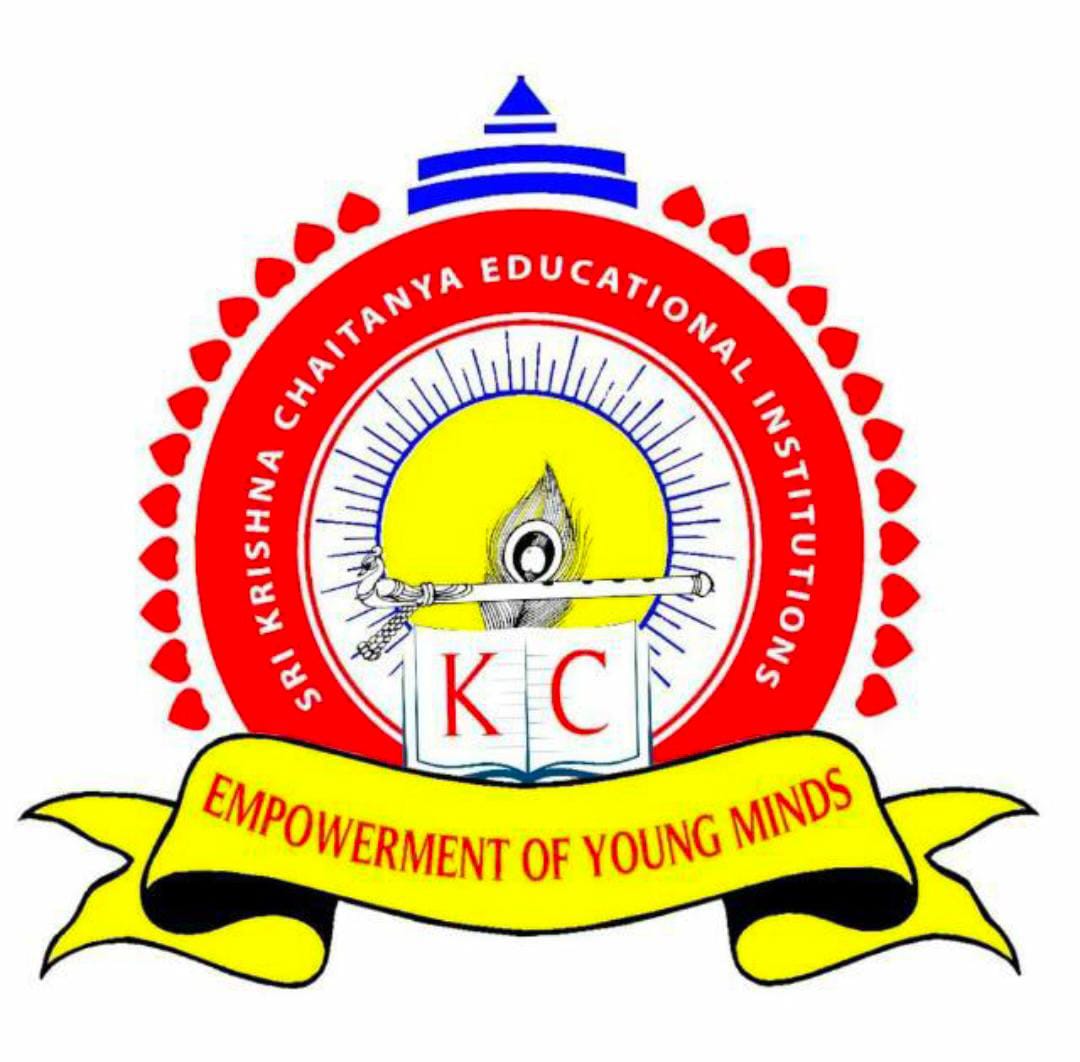KRISHNA CHAITANYA DEGREE COLLEGE

Estd. 1998
KRISHNA CHAITANYA DEGREE COLLEGE
(AUTONOMOUS)
(Recognised by UGC under 2(f), Accredited by NAAC, Affiliated to V.S.University, Nellore) (Maintained by Sahitya Educational Society, Recognised by Govt. of Andhra Pradesh) Near Old Z.P. Office, Nellore-524 003

Best Practice 1
Best Practice 1 : Personalized Mentoring System
- Title of the Practice: Personalized Mentoring System
- Objectives of the Practice:
- To provide more contact hours between teachers and students.
- To maintain proper academic and attendance records of students.
- To minimize drop-out rates of students.
- To identify slow learners and advanced learners
- Context: The institute has implemented the mentoring system in accordance with IQAC, Higher Education’s recommendations. The institute deemed it essential to incorporate this system into the college management system. In the past three years, it had swiftly and successfully implemented it. With a diverse student population in terms of educational and economic background, the system promises to provide a deeper understanding of each student and maximize their potential, thereby reducing the number of students who drop out.
- Practice: The IQAC had initiated the implementation of this system. Each year, the students’ names are collected and arranged according to their subject preferences. Depending on the number of students, they are separated into groups of 20 to 25 individuals. Each group is assigned a teacher/mentor who is responsible for collecting individual students’ academic performance and class attendance. The teacher/mentor is provided with pertinent information about his/her mentees and is expected to provide guidance and counseling as needed. On the recommendation of the mentor, parents are called to special meetings with the principal in rare instances.
- Faculty mentoring can be conducted formally or informally by a senior faculty member or group of faculty members. The objective is to assist (junior) faculty in reaching their full potential as instructors, researchers, and administrators.
- These mentoring relationships, a form of informal mentoring, may consist of colleagues with similar interests and roles within higher education institutions. Peer mentors or co-mentors support one another by sharing information, resources, and feedback, exchanging roles as mentors and portages, and assisting others in the peer or co-mentoring relationship to develop their knowledge and abilities.
- Evidence of success
- Through the effective mentoring system, the teacher-student relationship has improved significantly.
- The system has proven useful for distinguishing between slow and advanced learners. For poor/slow learners, the institute organizes a remedial class on various subjects within the curriculum, based on the requirements deduced from a thorough examination of each mentor’s report.
- Following the implementation of this system, remedial classes have become systematized. The students and the college as a whole have benefited from remedial classes based on their individual needs.
- There appears to be a decrease in the number of students who drop out of school because mentors can intervene before a student falls below the attendance threshold or has been chronically absent.
- Problems encountered and resources required:
- The assignment of students to groups proves to be a tiresome process, with some students occasionally choosing different courses. Time restrictions prevent the mentor/teacher from spending enough time with the mentees. The ability of the mentors to provide assistance is limited by the fact that the majority of our students are reserved and some are too complacent to share their problems.
- Sometimes parents are made involved in the mentoring process to resolve the issues the students may have.
- A Psychologist is also made available for counselling the students.
- Outcome: Mentoring system has been effectively implemented. Some enhancements need to be carried out to make the mentoring system more effective.